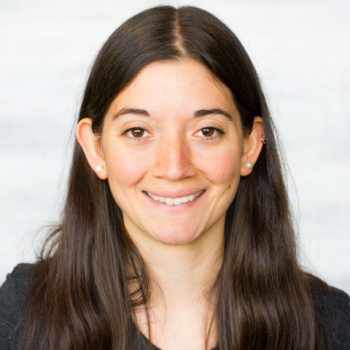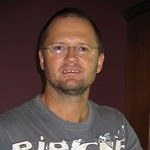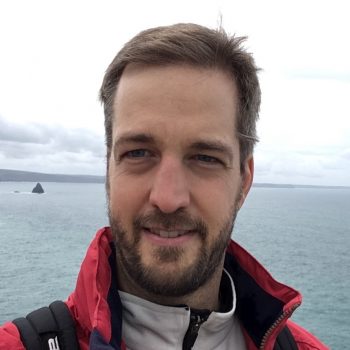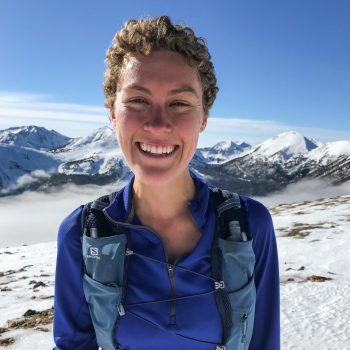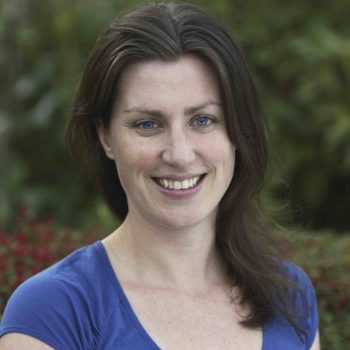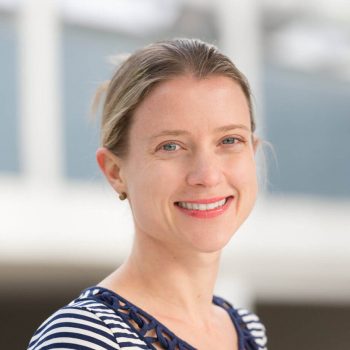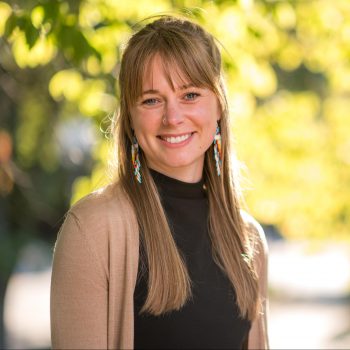
Bio
Susanna’s research focuses on understanding the processes and dynamics that mediate food system sustainability, and the multi-functionality of farming systems. She uses interdisciplinary approaches to examine how context shapes the adoption of sustainable practices (the geography of sustainable agriculture), and how governance and policy interventions can facilitate more sustainable agroecological futures.
Her PhD work investigates how organic agriculture is contributing to food system sustainability by assessing the adoption of practices and approaches that enhance agro-ecosystem health and social welfare on organic farms in Canada. She is working with collaborating agencies to ground her research in the institutional context of the organic sector, and to ensure results are relevant to policy and regulatory discussions in Canada and globally. She is supervised by Hannah Wittman and Navin Ramankutty.
Susanna is a member of the Food Secure Canada Board of Directors, an Advisor for the Meal Exchange Good Food Challenge, and an Articling Agrologist with the BC Institute of Agrologists. She has a BSc (honours) in Land Surface Processes and Environmental Change from McGill, and an MSc in Integrated Studies in Land and Food Systems from UBC. She has worked on the integration of climate change adaptation into programs and policies with the BC Ministry of Agriculture and the BC Agriculture & Food Climate Action Initiative. Many of these interests were first cultivated by her time working on small farms in Quebec, Oregon, and Latin America, and her work with campus food and sustainability initiatives at McGill University.
Research Gate: https://www.researchgate.net/profile/Susanna_Klassen
Featured Publications
Klassen, S., & Murphy, S. (2020). Equity as both a means and an end: Lessons for resilient food systems from COVID-19. World Development, 136, 105104. https://doi.org/10.1016/j.worlddev.2020.105104
Nawaz, S., Klassen, S., & Lyon, A. (2020). Tensions at the boundary: Rearticulating ‘organic’ plant breeding in the age of gene editing. Elem Sci Anth, 8(1), 34. https://doi.org/10.1525/elementa.429
Chapman, M., Klassen, S., Kreitzman, M., Semmelink, A., Sharp, K., Singh, G., & Chan, K.M.A., 2017. 5
Key Challenges and Solutions for Governing Complex Adaptive (Food) Systems. Sustainability, 9(9), 1-30.
Klassen, S. E., & Wittman, H., 2017. Place-Based Food Systems: ‘Re-Valuing Local’ and Fostering Socio-
Ecological Sustainability. Sustainable Food Futures: Multidisciplinary Solutions. Ed. Jessica Duncan and
Megan Bailey. London and New York: Routledge.
Klassen, S. E., 2016. Decreasing Distance and Re-Valuing Local: How Place-Based Food Systems Can
Foster Socio-Ecological Sustainability. Solutions, 7(August), 22–26.
